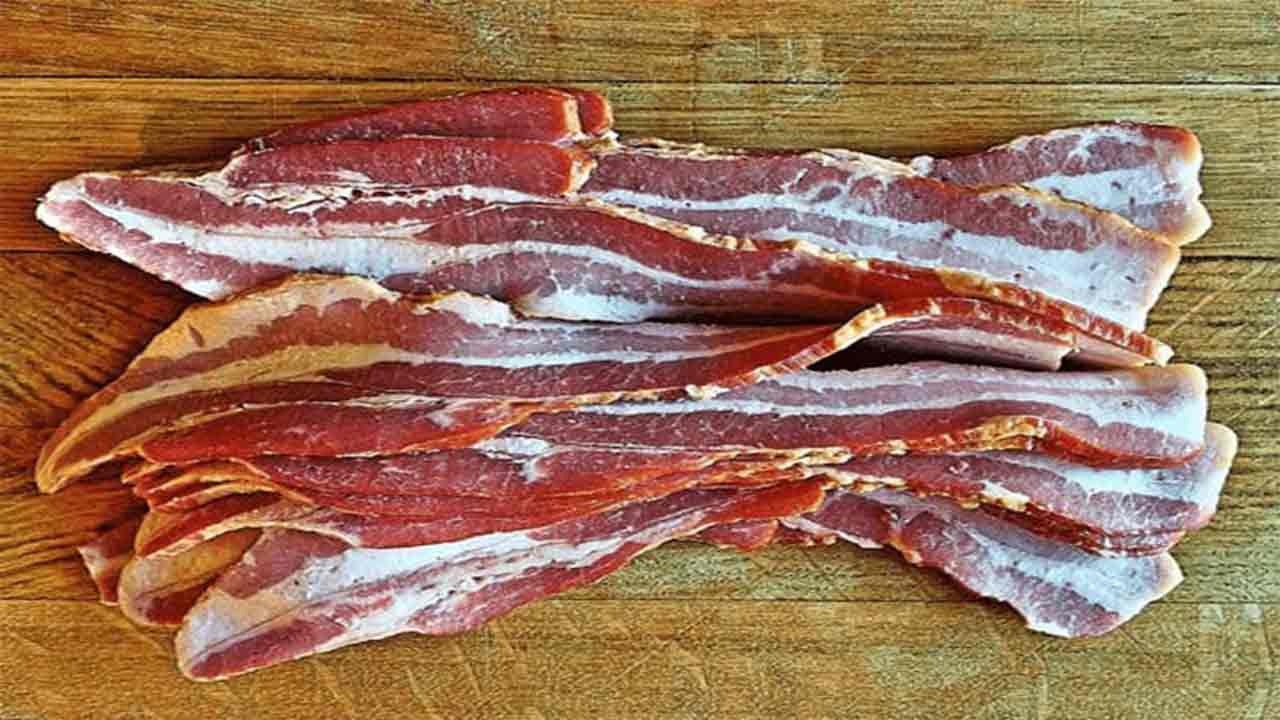Science & Technology, Australia (Commonwealth Union) – Hippocrates, the father of medicine is known for his famous quote “Let food be thy medicine and medicine be thy food” emphasizing how significant what we eat, is to our health.
Processed meats are common among Australian diets, but according to experts at The University of New South Wales (UNSW), they play a role in cancer risks.
Despite the association between processed meats and colorectal cancer being known as colorectal cancer is responsible for the deaths of over 5000 Australians annually. A question remained to the extent of cancer risks linked to meats consumed.
Australians are heavy meat consumers, and a large amount being processed. According to data from the Organisation for Economic Cooperation and Development (OECD), roughly 110kg per person per year in 2018, are consumed by Australians 2nd only to the USA. According to the last national diet survey in 2011-12, up to a quarter of the meat consumed has been salted, cured, fermented, smoked or else processed.
In 2015, the International Agency for Research on Cancer (IARC) at the World Health Organization (WHO) evaluated more than 800 studies to gain knowledge on the association with processed meats and cancer. The research excluded other cancer-causing factors such as obesity, so that the effect of processed meats can be examined more closely.
The IARC’s Working Group was chaired by Professor Bernard Stewart from UNSW Medicine & Health, an internationally recognized expert in environmental carcinogenesis.
The IARC finally classified processed meat as a carcinogen, which means they discovered enough evidence that consuming processed meats leads colorectal cancer.
The presence of nitrites in processed meat products was one of the several explanations given in its links to cancer.
“Processed meat, at least historically, has been processed using sodium nitrite,” explained Professor Stewart. “That nitrite can react with molecules in the body to form N-nitroso compounds, which are cancer-causing substances.”
Researchers also indicated that cooking processed meat, especially on high heat or an open flame, can also be a contributing factor to the problem.
“There are also carcinogens that are not inherently present in the meat but are generated during cooking. For example, polycyclic aromatic hydrocarbons (PAHs) and heterocyclic amines (HCAs),” said Professor Stewart.
Professor Stewart, stated however that labeling meat products with a cancer warning was not so simple.
“On the one hand, the evidence concerning cancer causation by consumption of processed meats is as definitive as the evidence that tobacco smoke and asbestos cause lung cancer. On the other hand, the same level of preventative action is in no way warranted.”
Different carcinogens contained various levels of effects on cancer risks. As tobacco smoke, has a higher impact, where the lifetime risk of lung cancer in a non-smoker is 1% in comparison to a heavy smoker which is 25%. But, for a person consuming processed meat regularly instead of moderately, their lifetime risk of colorectal cancer is raised from 5 to 6% making risk smaller compared to that of smoking.
Researchers further indicated that even though consuming salami may not be as dangerous as cigarette smoking or inhaling asbestos particles, it plays a role in contributing to cancer. However, there may be methods to curb the impact of processed meats in the gut, at least partially, such as consuming foods like fruits, vegetables and whole grains.
Associate Professor Sara Grafenauer from UNSW Medicine & Health, an Accredited Practising Dietitian, is conducting a study on how eating whole grains may defend against colorectal cancer.
She indicated that the whole grain is a bunch of nutrients contain anti-carcinogenic features and has many compounds which are stimulating anti-oxidant activity in the gut and are being defensive.
She further indicated that whole grains contain fiber and they are also capable of binding to carcinogens and eliminating them from the gut.








